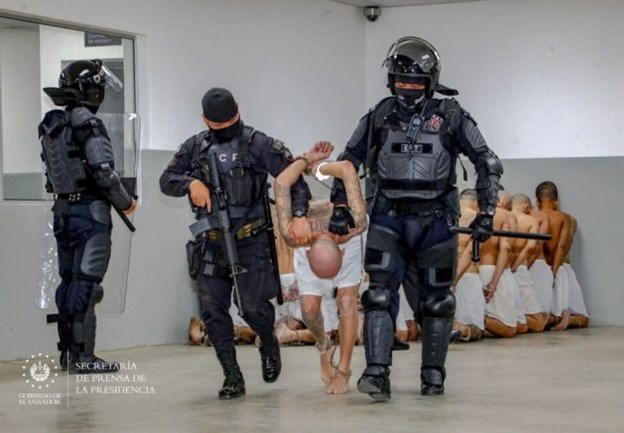
By Juanita Goebertus Estrada* (IPS)
HAVANA TIMES- Two years since President Nayib Bukele announced a “war against gangs” in El Salvador, the country has gone through rapid change.
Agustín, not his real name, was 16 when Bukele made the announcement. When Human Rights Watch researchers met him a year-and-a-half later he had already personally experienced the country’s quick turn from being gang-ridden to, increasingly, a police state.
Agustín first suffered from gang violence in Cuscatancingo, a few kilometers north of the capital. As in many areas in El Salvador, gangs controlled his neighborhood, and many aspects of his family’s lives. “It was suffocating,” his mother told us. “You had to think about what to say, how to walk and what to wear. They saw everything. It was like being with your enemy 24 hours.”
The MS-13, one of El Salvador’s most prominent gangs, tried to recruit her son when he was 12. Five adolescent gang members promised him better shoes, clothing, and cigars. Many boys from the neighborhood joined, he said, but he refused.
The gangs have recruited thousands of children. Studies show mostly join these criminal groups between ages 12 and 15. A lack of educational and economic opportunities makes it easier for gangs to recruit them, even in exchange for shoes and cigars.
Violence took a turn for the worse for Agustín in June 2021. MS-13 gang members beat his stepfather and threatened to kill his mother, a community leader, after she helped police distribute food during the Covid-19 pandemic. “Talking to


